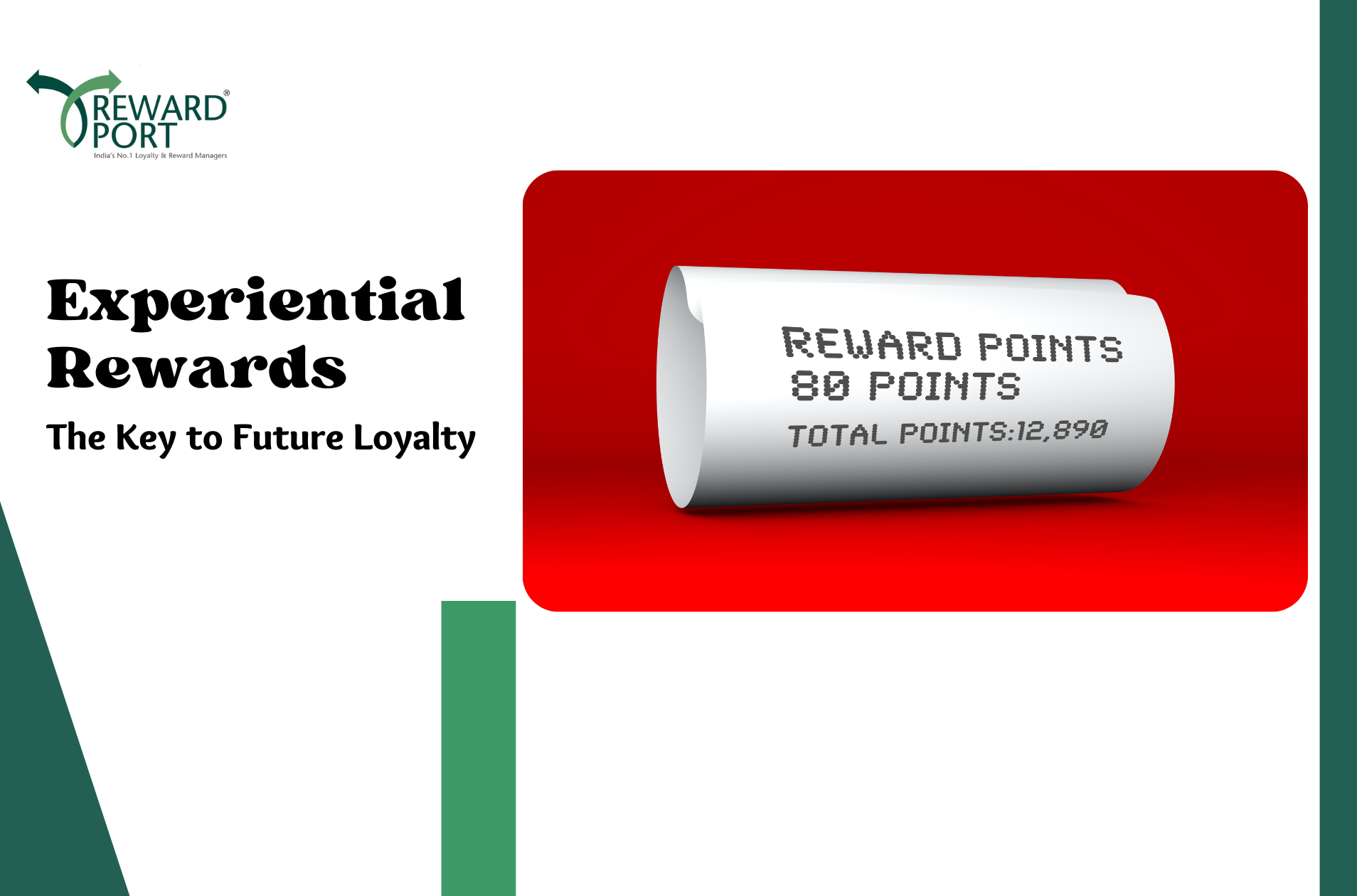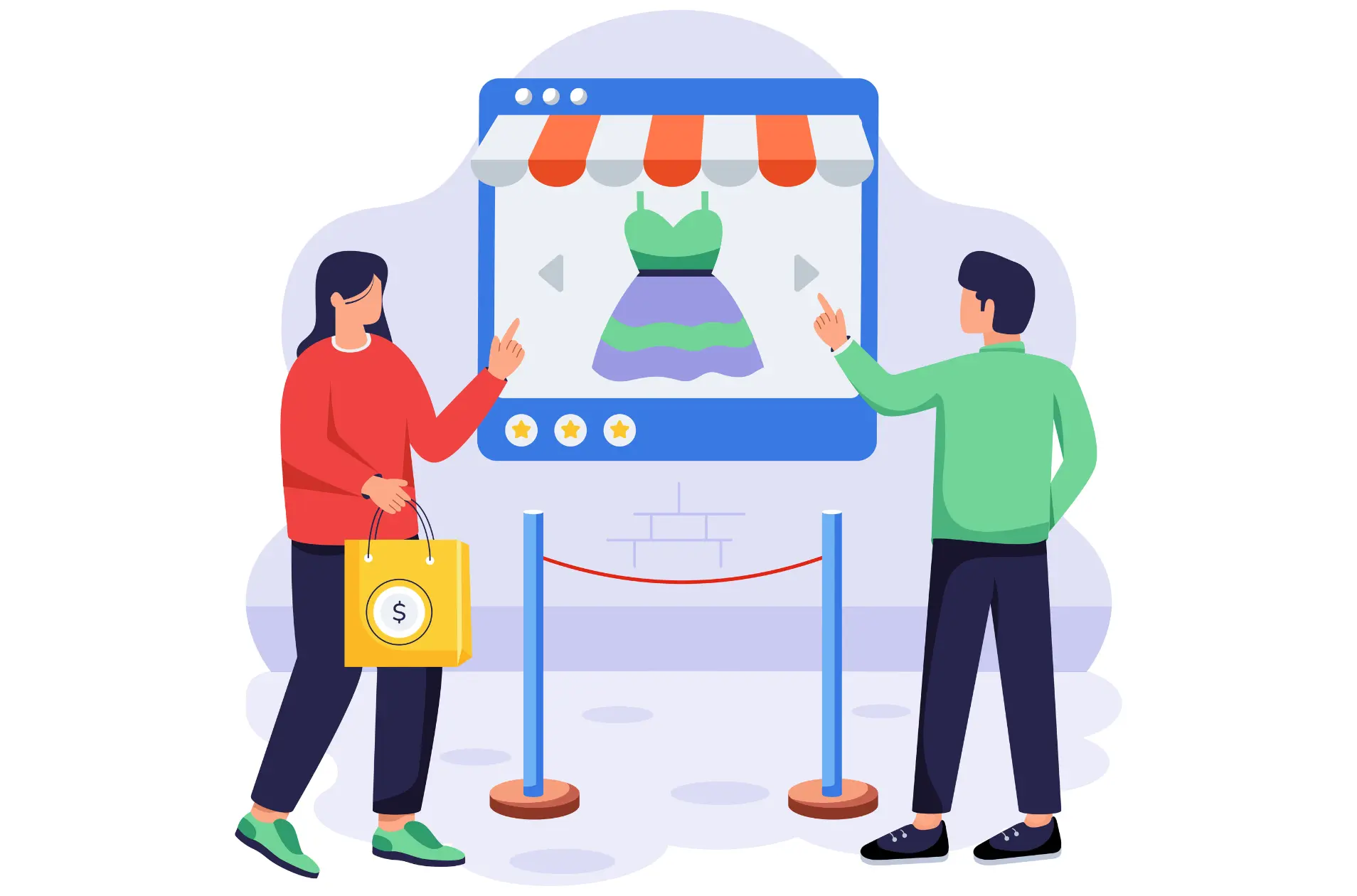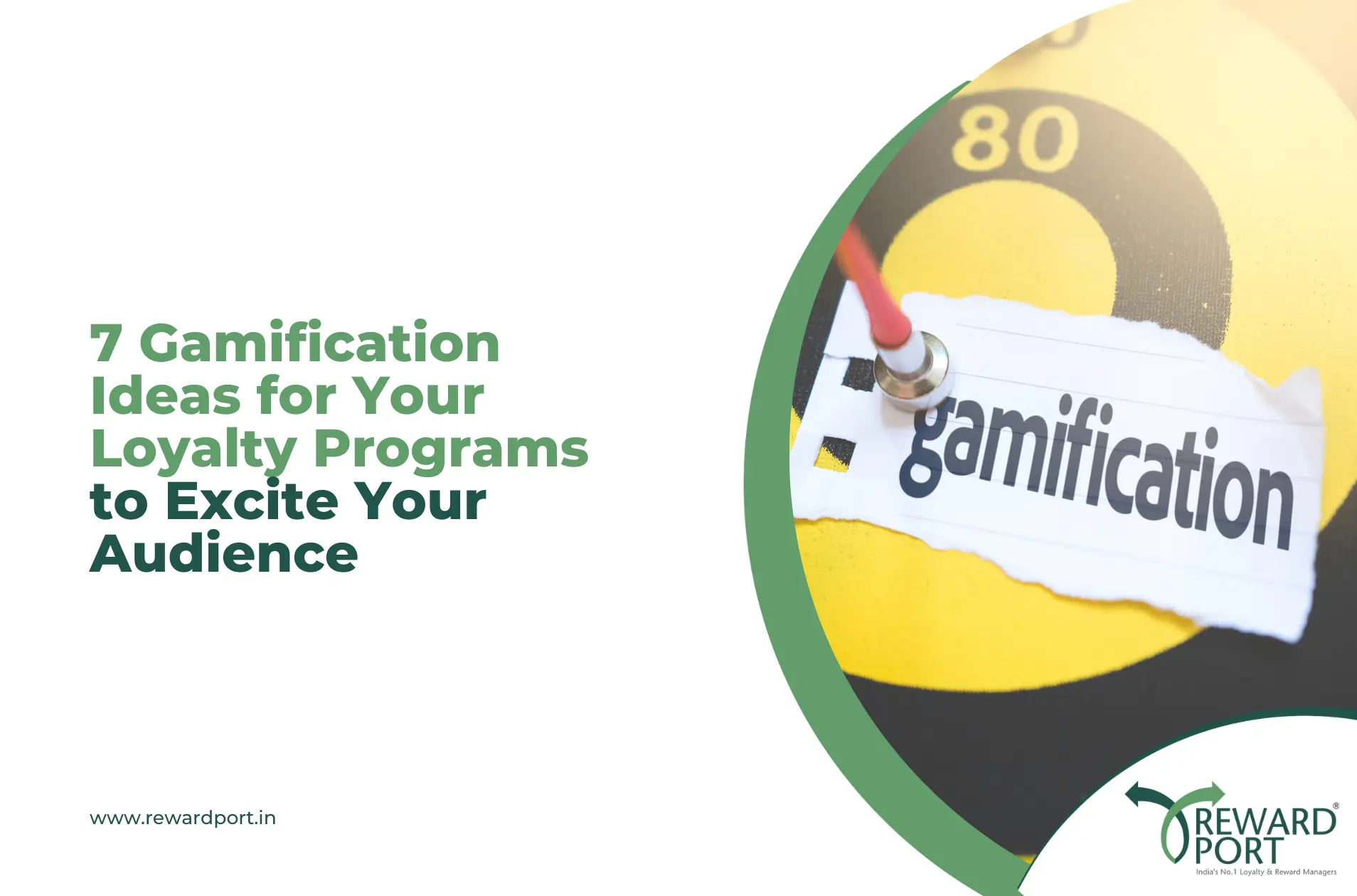
A memory can be a very powerful thing. Our lives are defined by our memories, the experiences that we have. These experiences count not only in our personal lives but also in our professional ones. Loyalty programs have long been a practice of materialism; however, the trends seem to be changing. The key is the term “experience”.
No matter the industry you belong to or are interested in, everyone seems to be discussing this somewhat subtle way of rewarding your best customers.
You probably don’t remember how you spent that last bit of cash in your wallet (groceries, diapers, gas for the car?) but you do remember that first time you got up on water skis, or that gorgeous sunset from your last beach vacation, or the time you sang your favorite song at karaoke and actually killed it
Almost everyone has taken a picture of a meal and posted it on Instagram, Snapchat or Facebook in the last month. That’s sharing your experience with your social circles—and in a small way, makes you part of the experience economy. The experience economy was coined in the late 90s but continues to remain relevant—even more so today based on other economic changes.
The experience economy occurs when a company intentionally engages individuals in a way that creates a memorable event. That includes consumers like in the example above and extends to all people you’re looking to engage and motivate.
Let’s take a closer look at why experiential rewards are the way forward:
1. Personalization Is Key
Personalization is tailoring a service or a product to accommodate specific individuals. With the emergence of artificial intelligence and other machine learning capabilities, consumers expect to be treated like the individuals they are. The more we know about our customers, channel partners and employees, the easier it becomes to offer rewards they trust and value.
Put yourself in their shoes.
How do they want to receive rewards?
Is it a digital experience?
Do they prefer a gift delivered to their home where their family can take part in their achievements?
These are just a few examples of the myriad of ways we can stay in touch with participants today with the reward experience.
2. Experiential rewards are personal and become part of our identity
We enjoy telling stories. Above all, experiences help to create stories which are inherently shareable. The human brain is wired to compose, remember, and share stories. And so, a reward or a recognition ceremony that lends itself to a story is more likely to be shared and remembered.
Who would not find it interesting and comfortable to share stories about a recent vacation, a hand-pottery or night-trekking experience, vs. their last purchase? The stories that a unique or indulgent experience can generate, might even become a part of your organization’s lore, gaining a life far beyond the actual award itself.
And in fact, experiences also offer high social currency, photos or videos for social accounts of the millennial workforce. Studies show that millennials prefer experiences over consumer goods.
3. Experiential rewards although by nature are short-lived but create healthy long-term happiness
There is actually a hell lot of difference between offering a discount and handing over a customized gift worth to your customers. Though the monetary value of both the rewards is same, the experiential value is significant in the latter case. Simply because you are giving them what they have been aspiring to the most. Apart from creating a huge treasure trove of memorable experiences, it is making their lives a tad better in terms of happiness.
Ultimately, the power of experiential rewards is the combination of inspiration and aspiration. Experiential rewards inspire your best customers by giving them positive associations that last much longer than a transactional reward.
These unique, shareable experiences will also help you build a brand community that gets customers excited, expanding your marketing reach and further solidifying the idea that your brand really is the ultimate solution.





